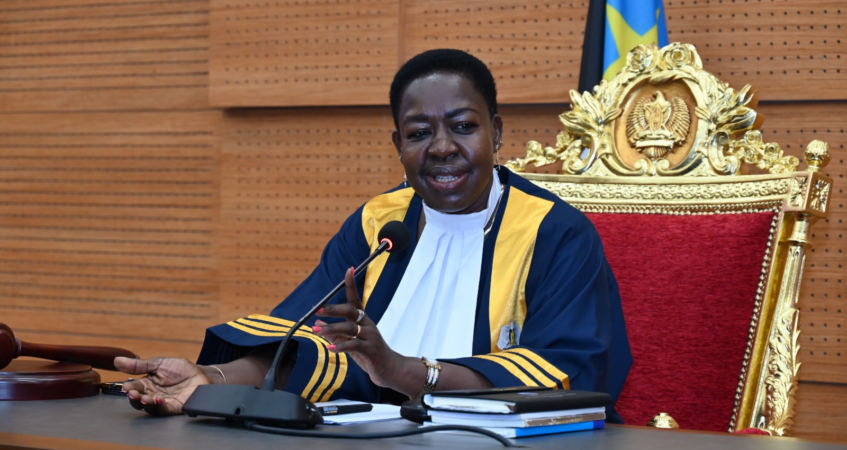South Sudan’s Transitional National Legislative Assembly (TNLA) moved the Southern Sudan Audit Chamber Act, 2011 (Amendment) Bill, 2022 to its third and final reading on Wednesday after extensive deliberations.
The bill, presented by Justin Joseph Marona, Chairperson of the Standing Specialized Committee on Public Accounts, aims to modernize the governance of the National Audit Chamber (NAC) and align it with regional standards and the 2018 Revitalized Peace Agreement (R-ARCSS).
The amended legislation, initially introduced in September 2024 by former Justice Minister Ruben Madol Arol, consists of 43 original sections, with new additions including sections 5A and 36A.
One of the most contentious provisions was Chapter XA, which proposed the establishment of a National Audit Advisory Committee. However, after conducting benchmarking visits to Kenya and Rwanda, the joint committee recommended removing this chapter. The decision was influenced by findings that similar advisory structures in Kenya had been ruled unconstitutional for infringing on institutional independence, while Rwanda’s audit laws explicitly avoid such committees to comply with international standards.
Key reforms in the bill include renaming the institution from the “Southern Sudan Audit Chamber” to the “National Audit Chamber” and revising appointment procedures for the Auditor General and Deputy Auditor General to ensure compliance with the peace agreement.
The amendments also strengthen the NAC’s operational independence, citing precedents such as Kenya’s 2016 court ruling that invalidated advisory boards in audit institutions. Additionally, the bill introduces stricter financial oversight measures, including mandatory audits of petroleum revenues and clearer reporting requirements under the Public Financial Management and Accountability Act (2023).
During the debate, lawmakers emphasized the bill’s importance for transparency and accountability.
Gatkuoth Wat (SPLM-IO) highlighted its alignment with the R-ARCSS, while William Obach Utong (SSOA) pointed out the NAC’s historically weak enforcement, stating, “Since independence, I’ve never seen this institution audit any government entity.”
Parliament Speaker Jemma Nunu Kumba confirmed the bill’s progression to the third reading, where remaining revisions—including the removal of Chapter XA—will be finalized. The amendments are expected to address South Sudan’s chronic delays in submitting financial reports to parliament, a problem that has placed the country behind regional peers in fiscal accountability.
“Strengthening the Audit Chamber’s legal framework is a milestone for accountability,” Marona said, urging swift passage. The assembly is expected to vote on the finalized bill in the coming weeks.




